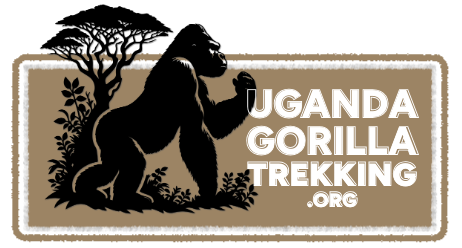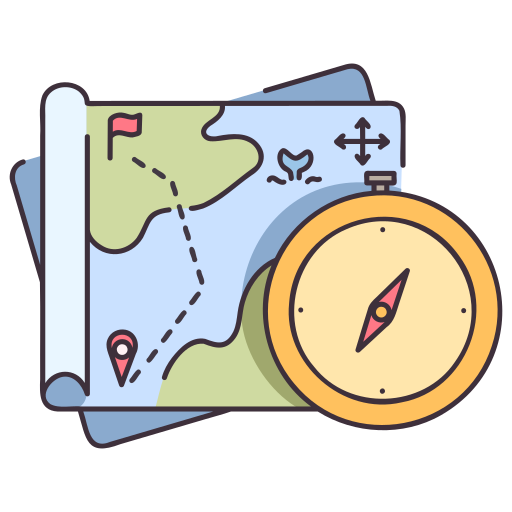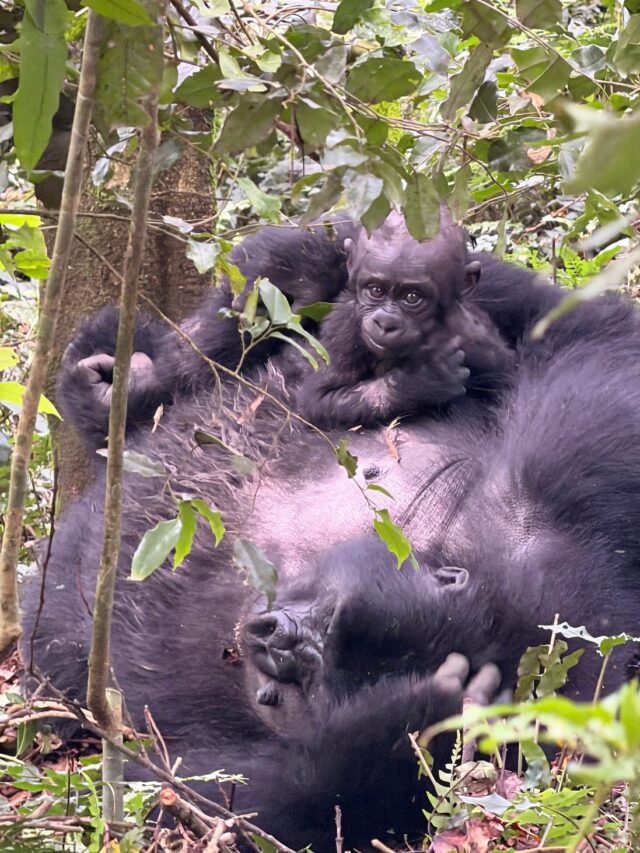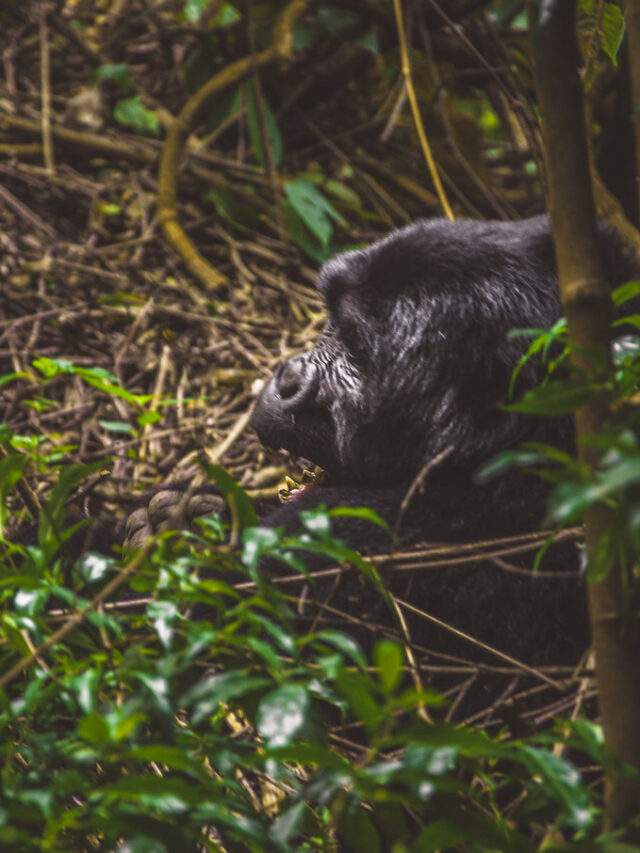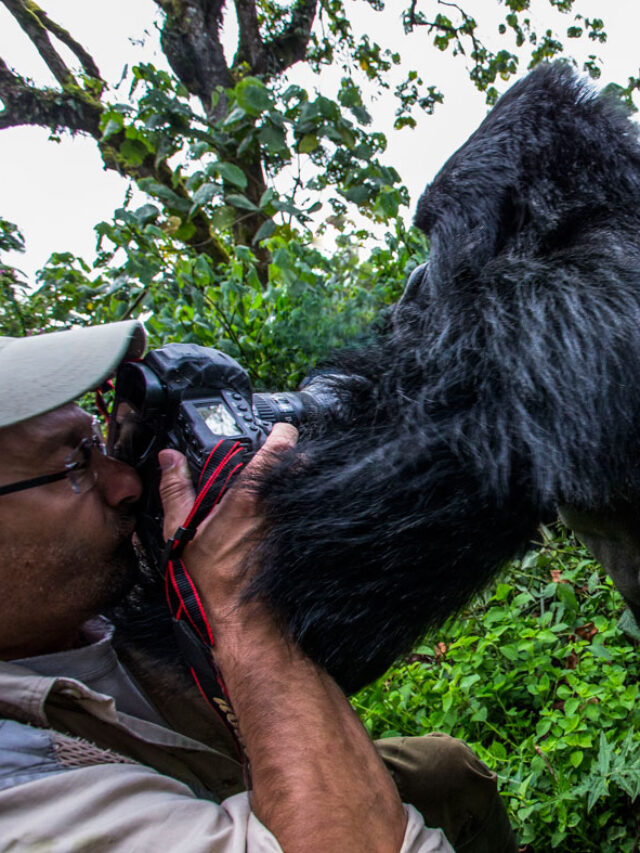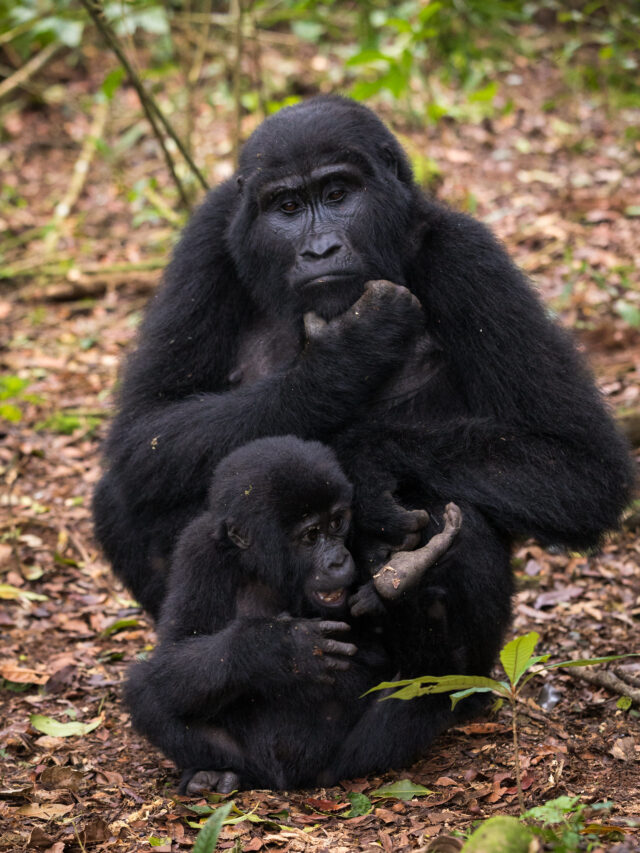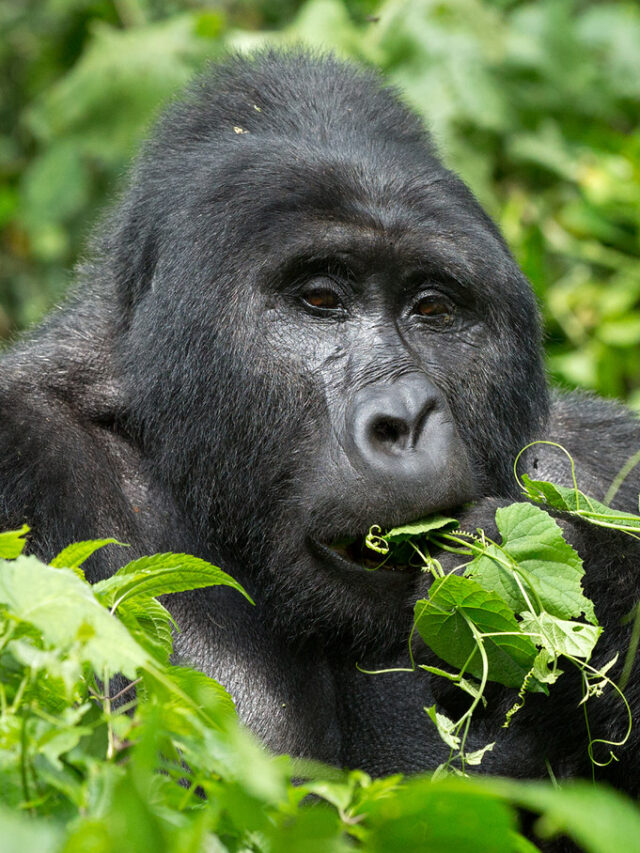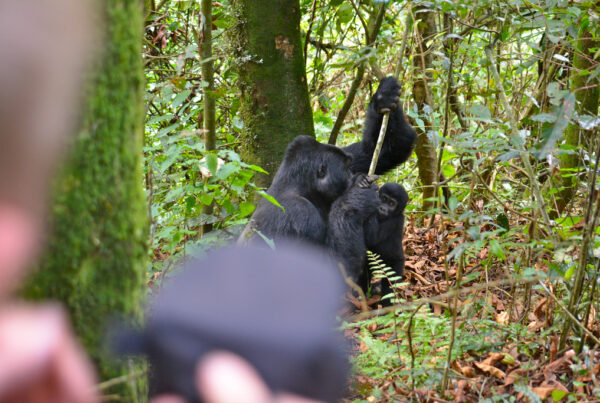Gorilla Trekking Tipping Guide – How Much to Tip in Uganda & Rwanda
The Unspoken Gratitude of the Jungle Journey
Gorilla trekking is one of the most emotionally stirring and physically demanding wildlife experiences in the world. Whether you’re hiking through Uganda’s ancient Bwindi Impenetrable Forest or climbing the volcanic slopes of Rwanda’s Volcanoes National Park, your journey is supported by an extraordinary team of people—guides, porters, trackers, and lodge staff—whose work behind the scenes transforms your trek into a safe, memorable, and respectful encounter with one of Earth’s most endangered species.
In both Uganda and Rwanda, tipping is not mandatory—but it is deeply appreciated. It is an unspoken yet powerful way of saying “thank you” to the individuals who dedicate their lives to wildlife conservation, cultural stewardship, and guest hospitality. In these regions, many locals earn their primary income through tourism-related services, so a fair and thoughtful tip not only honors their effort—it sustains livelihoods.
Gorilla Trekking Tipping Guide — This guide offers a clear, respectful look at how much to tip each role, when and how to do it, and why this practice matters more than you may realize.
Why Tipping Matters in Gorilla Trekking
Tipping in the context of gorilla trekking goes beyond mere custom. The men and women who accompany you into the dense forests—guides, porters, trackers—often come from the surrounding communities that depend directly on conservation tourism. Your tip becomes a form of direct impact: supporting families, funding education, and reinforcing the value of gorilla protection.
Moreover, tipping helps maintain high service standards in eco-tourism. When done sincerely and fairly, it encourages motivation, pride, and professionalism in those who make the challenging jungle terrain feel like an organized, safe adventure.
How Much to Tip During Gorilla Trekking in Uganda
In Uganda, gorilla trekking is physically demanding and often lasts from two to eight hours depending on where the gorilla family is located. The trekking staff is typically composed of a UWA (Uganda Wildlife Authority) ranger guide, an optional porter, security personnel, and trackers.
Here’s what’s generally considered appropriate:
Porter: $15–$20 USD per trek
Porters assist with your backpack, offer a helping hand on steep or muddy slopes, and make your trek less exhausting. Tipping more is welcome if they’ve gone above and beyond, especially for elderly or less fit trekkers.
Ranger Guide: $10–$20 USD per person
This guide leads your group safely through the forest, provides valuable insights into gorilla behavior, ecology, and ensures that the conservation protocols are followed.
Tracker (who locates the gorillas ahead of your visit): $5–$10 USD per person
These are unsung heroes who often start their day before dawn, following gorilla trails to locate the exact position for your group. While you may not always see them, they’re vital to the success of your trek.
Security Personnel (when present): $5 USD is customary
In some areas, armed guards accompany groups for security. Though they play a minimal role in guiding, their presence is essential and deserves appreciation.
Lodge Staff: A collective tip of $10–$20 USD per day, per couple is customary
Most lodges have a general staff tip box. This amount is shared among cooks, cleaners, groundskeepers, and front desk staff.
Tipping Guidelines for Rwanda Gorilla Treks
Rwanda’s gorilla trekking, based in Volcanoes National Park, tends to offer slightly shorter, more accessible hikes compared to Uganda. However, the experience is equally magical, and the support team just as hardworking and deserving of gratitude.
Porter: $10–$20 USD per trek
Same as Uganda, they assist with your gear and offer physical support on slippery trails or steep ascents.
Park Ranger/Guide: $10–$15 USD per person
Guides in Rwanda are exceptionally trained in both wildlife behavior and conservation education. A fair tip acknowledges their professionalism and efforts.
Trackers: $5–$10 USD per person
Often part of the mountain patrol and tracking teams, they operate behind the scenes and are essential to the trek’s success.
Security Personnel: Optional $5 USD
Not always present, but a gesture of appreciation is still encouraged when applicable.
Lodge Staff: $10–$25 USD per day per couple
As in Uganda, tips are usually pooled and shared among the entire team unless a particular staff member provides personal services like laundry or private meals.
When and How to Tip
Timing and discretion matter. For porters and guides, it’s best to tip them personally at the end of the trek, as you bid farewell and thank them directly. Use cash—either US dollars or the local currency (Ugandan Shilling or Rwandan Franc)—depending on what they prefer. Many appreciate USD because of its strength, but local money is always welcomed.
For lodge staff, use the designated tip boxes found in common areas. If a specific staff member has made your stay exceptional, you can hand them a private envelope or a personal thank you note with your tip enclosed.
It’s helpful to carry small denominations with you before starting the trip. Change can be hard to find in remote areas, and having exact amounts avoids awkwardness.
Tipping Etiquette & Cultural Sensitivity
Be sincere. A warm smile and a verbal “thank you” mean just as much as the cash itself. These moments create real human connections.
Don’t tip with coins or worn-out bills. Only clean, crisp notes are accepted by banks in most of East Africa.
Avoid overt displays of wealth or excessive tipping, as this can distort expectations for future travelers. A fair and consistent approach is appreciated.
Your Tips Leave a Legacy
Gorilla trekking is already one of the most conscious forms of travel—it funds anti-poaching units, supports reforestation, and uplifts marginalized communities. Tipping, though a small gesture in comparison to the whole trip, is one of the most direct and personal contributions you can make.
It transforms a memorable encounter into a meaningful exchange. It thanks the ranger who translated a gorilla’s soft grunt, the porter who steadied your steps on a muddy climb, and the lodge cook who made your evenings feel like home.
So, when the forest falls quiet and your heart is still pounding from the gaze of a silverback, remember: the people beside you are part of the reason you made it there. Tip with gratitude, generosity, and grace—and you will have honored the spirit of the jungle just as much as the gorillas themselves
